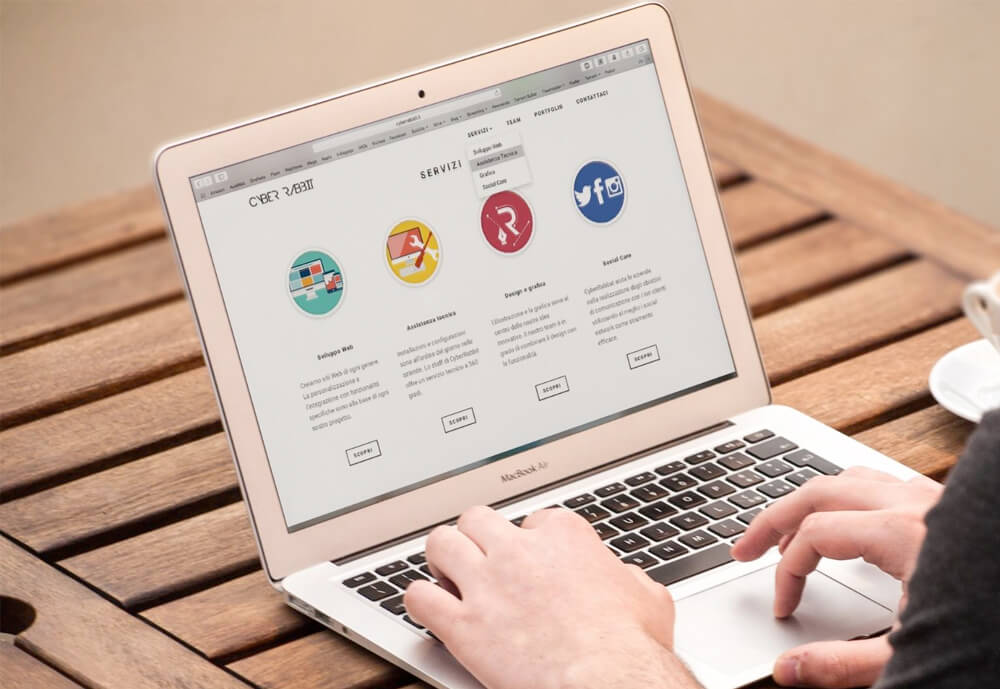Page Titles: Why They’re Important and How to Write Them

Page titles are a part of your website that need special attention, particularly from an SEO perspective. They need to be formatted properly and written well to ensure you get maximum results. This is because page titles can help improve your rankings in Google and get more people to visit your website.

What is a Page Title?
A page title is a special type of tag on each page of your website. Web browsers, search engines, and social media networks use this tag to get the HTML title of the page.
The tag is <title>.
Importantly, page titles are not the same as the header on the page. Page titles and headers can match, but headers are a different type of tag known as a H1 tag. So, even though you have headers on the pages of your website, you still need to give special attention to page titles.
What Are Page Titles Used For?
Why is it important to write and format your page titles properly? Understanding where and what page titles are used for helps to answer this. There are four main things:
- Search rankings – page titles are a ranking factor in Google. In other words, Google uses page titles to understand what your page is about and to give it a ranking in search. Page titles are by no means the only ranking factor (there are over 200, in fact), however they are among the most important.
- Search engine results – Google usually uses page titles on its search results pages. It is the part of a search result that is blue. Therefore, page titles can help get people to click to your website.
- In web browsers – web browsers also use page titles to label the tab which your website is displayed on.
- On social media networks – when someone shares your page on Facebook, LinkedIn, Twitter, or another social media network, the social channel uses the page title in the post.
As you can see, page titles are used in lots of different ways, demonstrating their importance. How do you optimise page titles for SEO, however? Here are the main points you need to know.
Every Page on Your Website Should Have a Unique Title
The most important point is to ensure every page on your website has a unique page title. While it might take time to write unique page titles for every page, particularly if you have a large site, it’s essential you do so.
Page Titles Should be the Right Length
You won’t be penalised by Google if your page titles are too long, plus long page titles can work well when your website is shared on social media.
However, on a search results page, Google usually only displays 50-60 characters. This includes all letters, numbers, spaces, and symbols. Google cuts anything over this, replacing it with “…”.
So, if you want the full page title displayed on search results pages, keep it to 50-60 characters.
Include the Page’s Main Keyword
The main keyword of your page should be in the page title. Don’t overstuff the title with keywords, however. Using it once is enough.
Also, the closer you can get it to the start of the page title, the better.
Make the Page Title Clickable
Finally, you should write page titles for your customers. In other words, make them interesting, compelling, and clickable.
Things that can help with this include using a brand name in the page title (your brand or the brand of a product you are selling) and including your location if you are a local business.
The idea is to attract attention and get people to click.


Comments are closed.